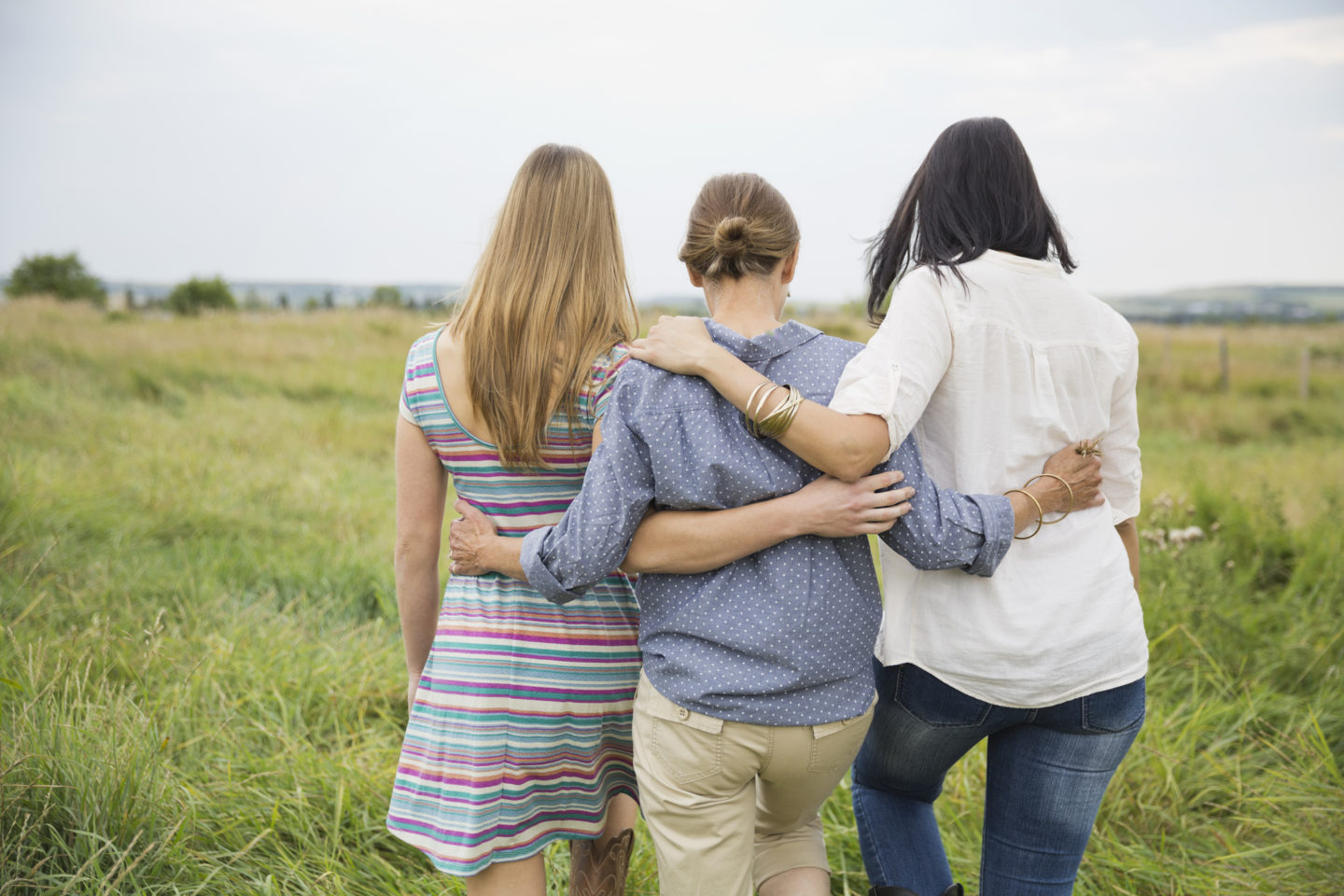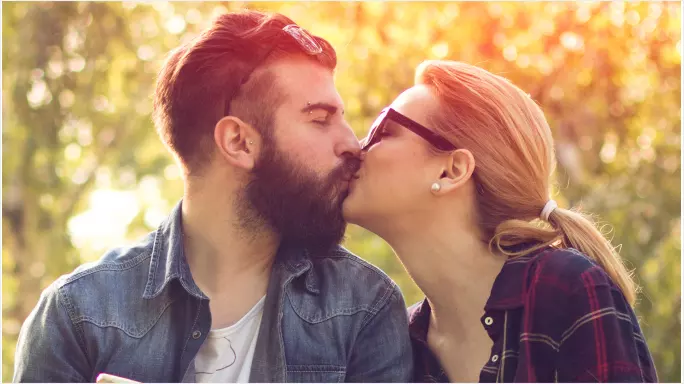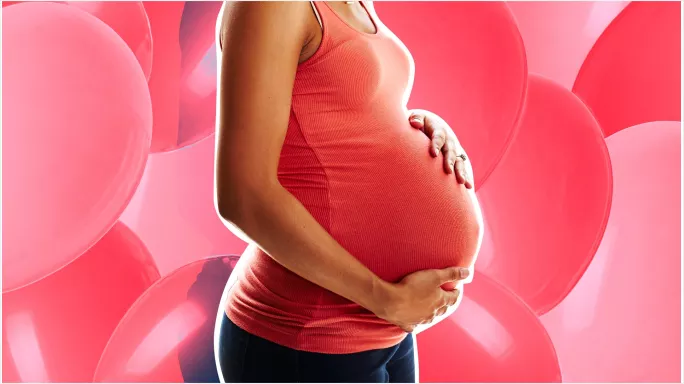Our mothers are dead. We’re still here.
When I was 19, my mother died. Don’t say you’re sorry, it wasn’t your fault. I know you need to say something, we’re taught to respond somehow, and sorry is what we say. When you tell me you’re sorry, though, I feel like I’ve made you feel bad, and for that, I’m sorry. So there we are.
The details – a long physical illness, accompanied by mental illness, during which time I learned how not to handle my own anxiety and depression. I learned to be afraid of unexpected phone calls, numbers I didn’t recognize, anyone who began a conversation with, “I have something to tell you.”
I read a lot of books by women with dead mothers, because I didn’t know anyone else whose mother was dead. My friends had mothers who drove up to campus on weekends to take them to lunch and to the mall. My roommate told her mother she thought she might be pregnant (she wasn’t). Her mother was her best friend, she said. She told her everything. I got car insurance and signed for my own student loans. I skipped class and slept all day. I worried my friends. I graduated, I moved to a city, I bought a car. I left the country. I had a boyfriend. I went to therapy. I went to graduate school. I turned 30, and then 35, and 38. Unless people asked, I stopped talking about how my mother was dead.
The girls with dead mothers find each other, somehow. We tell someone who knows someone whose mother is dead, and then we meet each other. In 2014, I saw a documentary called The (Dead Mothers) Club, made by two women with dead mothers, about girls and women with dead mothers. It is not a film I ever need to watch again, but for a while, it was a relief to see so much terrible familiarity.
Now, I know people whose mothers are dead. We talk about it when it comes up, which is to say, when someone says something that is supposed to mean well, but proves incendiary to us, who, even ten, twenty, thirty years after the fact, chafe at people’s good intentions. “I hate the term ‘motherless daughter,'” M told me. “Even though that’s what we are.” Her mother died while she was pregnant with her first child.
M continues:
“I rely a lot on my friends for the questions I’d otherwise ask my mom…pregnancy, breastfeeding, child rearing, being a competent human.”
This is a thing with us, the girls without mothers. We are always running behind in some way, even though in others, we are ahead of the game. We have to find someone else to tell us what other girls already know, or figured out.
The details of loss are different, though, even when the circumstances (cancer, a car accident, alcoholism) may be similar. The experience of having your mother die is different for everyone whose mother dies, because everyone’s relationship to their mother is different. My mother and I had a dramatic, sometimes violent, seriously enmeshed relationship that stalled out around the time my friends were learning how to see their parents as people, instead of as just their parents. My mother left before giving me information I would have liked to have (about sex, interest rates, how to find an apartment), but the person that she was for most of my life was not capable of being a parent in the way I needed her to be. I disentangled myself from her long before she died. My therapist calls this, “anticipatory grieving.”
The ones with dead mothers are all mad about something. Mad because she’s dead. Mad because of how she died, when she died, what she didn’t tell us. You are not really allowed to be mad at dead people, especially if they were your mother. But all of us are, in some way.
“There was no protectiveness within our relationship regarding sexual encounters,” T told me. “Just instructions for how to attract the ‘right’ man in my case – be polite instead of discerning and self-respect …pliable rather than healthy boundaries.”
We have had to learn to hold a lot of things at once.
“I had a complicated relationship with my mother,” said H. “Her death wasn’t entirely unexpected all around, and kind of even a blessing a little bit. She was a generally really smart, powerful, capable, loving person except when she wasn’t so there’s a lot of complex feelings, or having to hold multiple ideas about someone in my head at once, which I’ve gotten better at as I get older.”
We grew up and up. We answered our own questions. All of our pain is different and also the same. That is what we want you to know.




comments